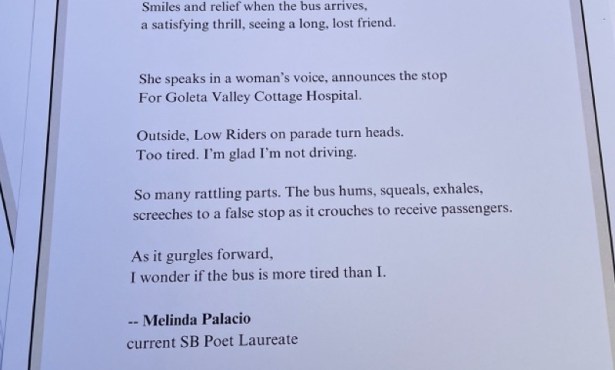UCSB Biologists Address Mass Extinction
Biologists Must Determine How to Solve Largest Extinction in 65 Million Years
The Earth is currently facing a mass extinction of animals and plants, with almost half of all species at risk for extinction, according to biologists. Those at UCSB are working long hours to determine how to address this crisis, it was announced in an article published this week in the journal Proceedings of the National Academy of Sciences. To get an idea of the severity of this mass extinction, consider this: The last extinction of such significance was likely the result of a meteor and occurred 65 million years ago.
Bradley Cardinale, assistant professor of ecology, evolution, and marine biology at UCSB, asserted that the crisis may definitely be attributed to human activities such as pollution. UCSB biologists are now attempting to decide which species must be saved and how. “The Earth might well lose half of its species in our lifetime. We want to know which ones deserve the highest priority for conservation,” Cardinale was quoted in a press release from UCSB.
Ideally, scientists say they would attempt to rescue all at-risk species, but unfortunately there is a limited amount of resources to do so. Thus the biologists are faced with determining which species are priorities and most important to an ecosystem. For the purposes of the published study, Cardinale and colleagues Marc Cadott and Todd Oakley analyzed data on 40 different grassland ecosystems from around the world and mapped the evolutionary history of flower plants that live in these ecosystems.
The three concluded that the most essential species are those that are most genetically distinct. The permanent loss of one of these species could wreak havoc on food chains and, with plants, disturb the natural process by which vital gases are produced and absorbed – carbon dioxide and oxygen in particular
As of October 20, they have recommended that genetically diverse species be considered priorities. Now they just need to ensure that these species are rescued from extinction.



